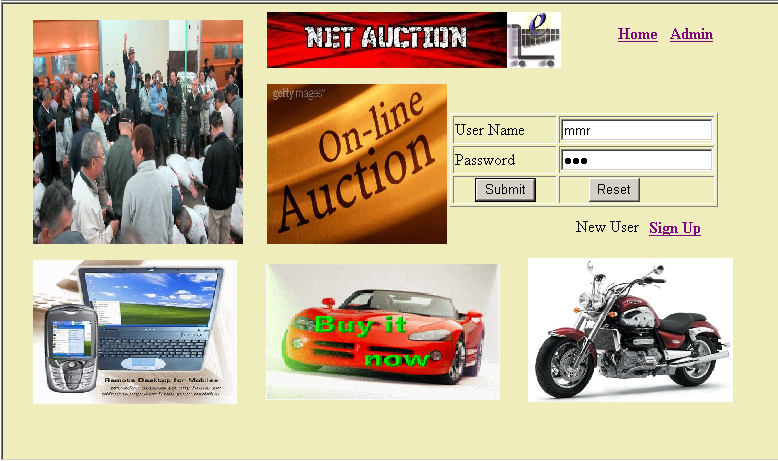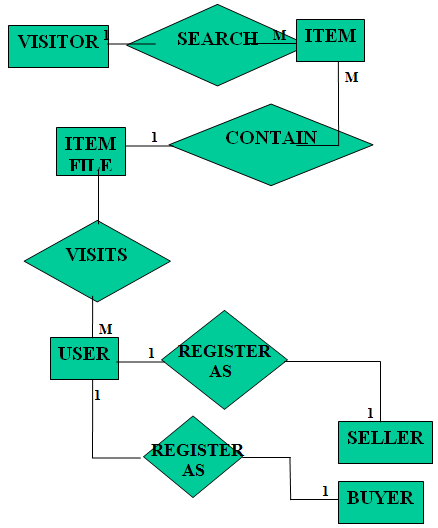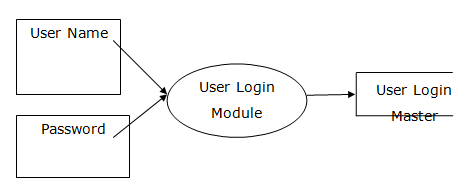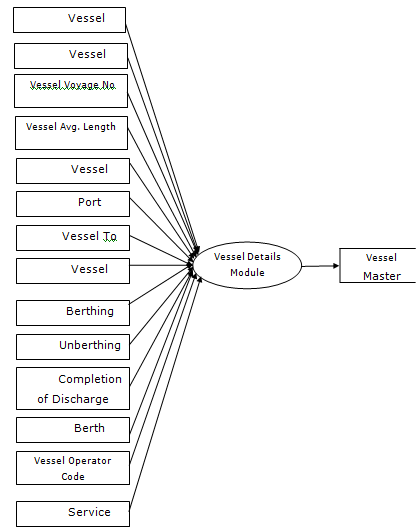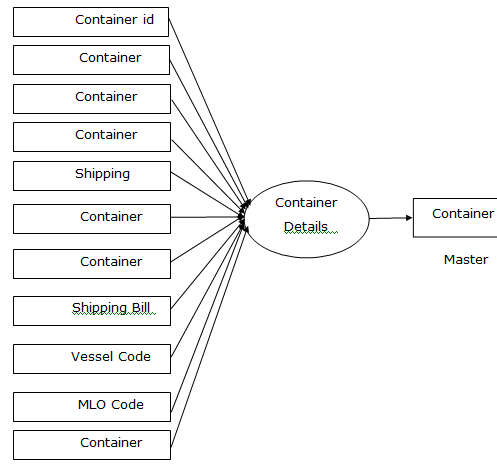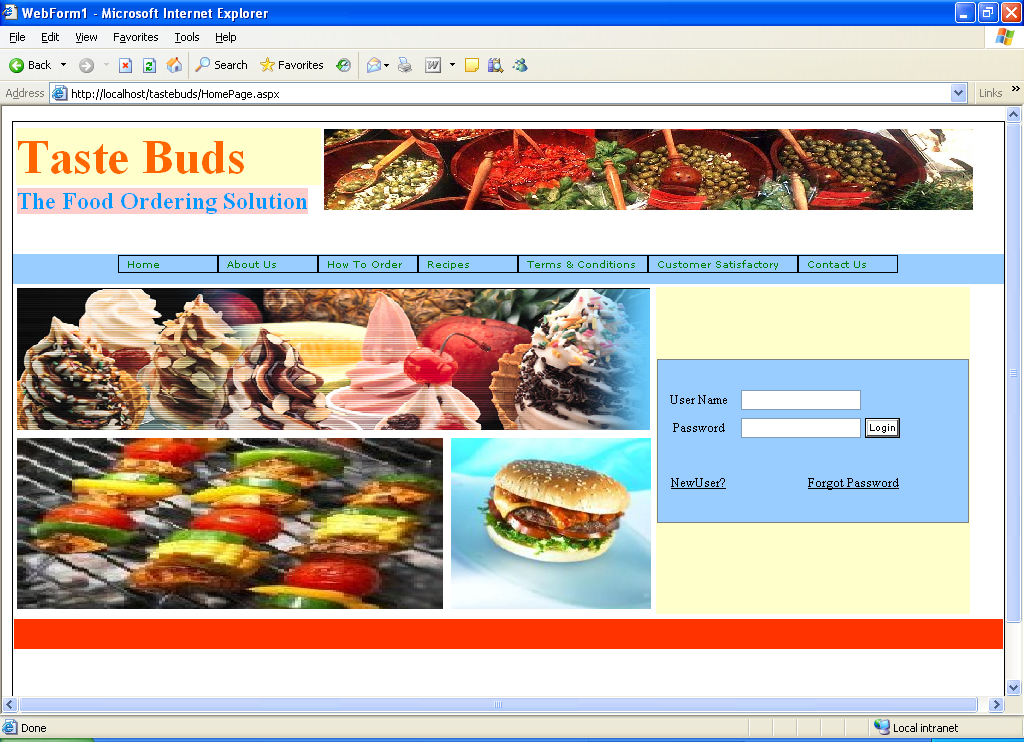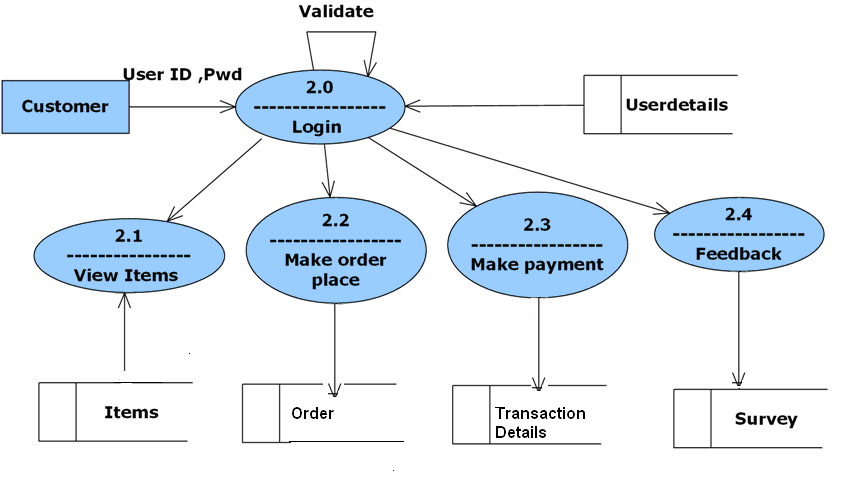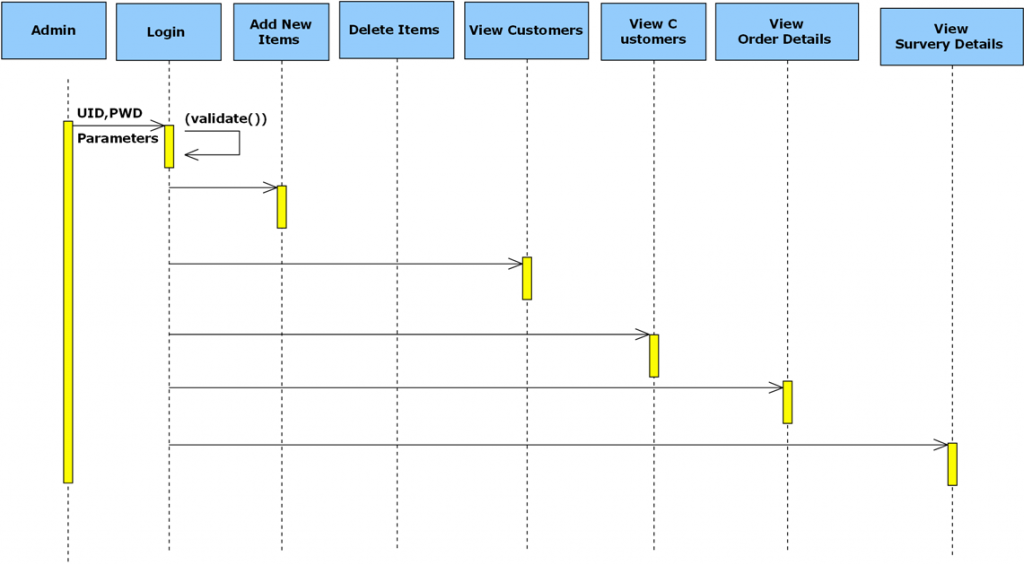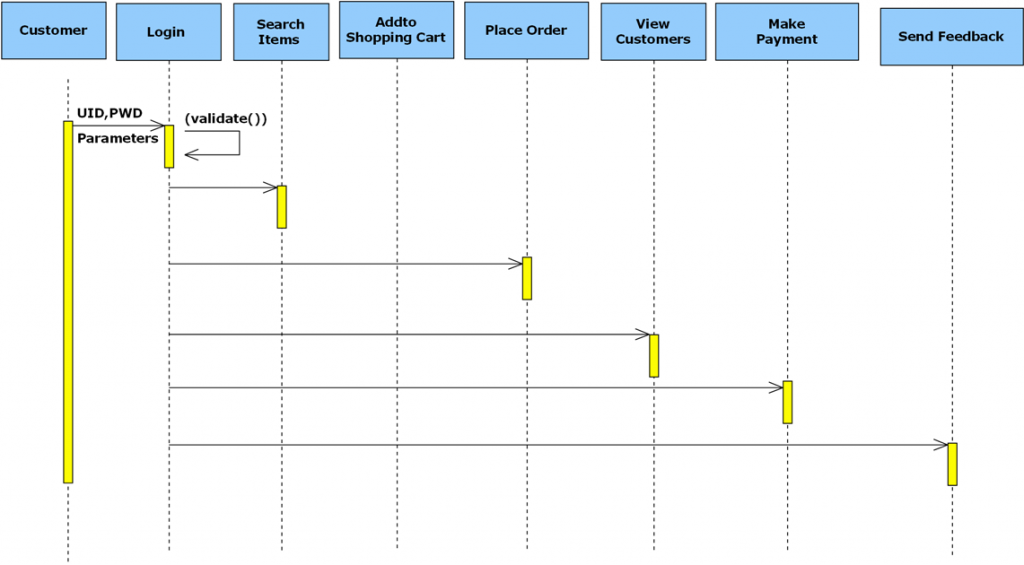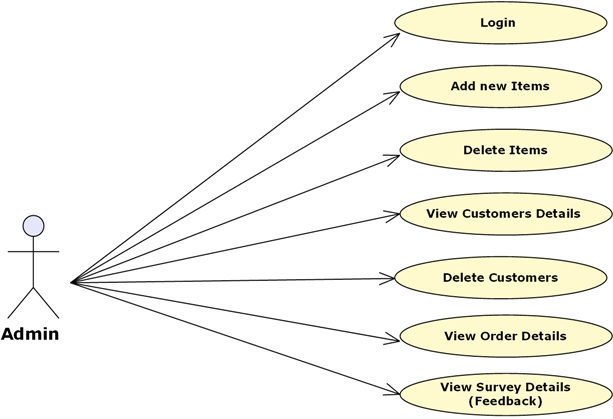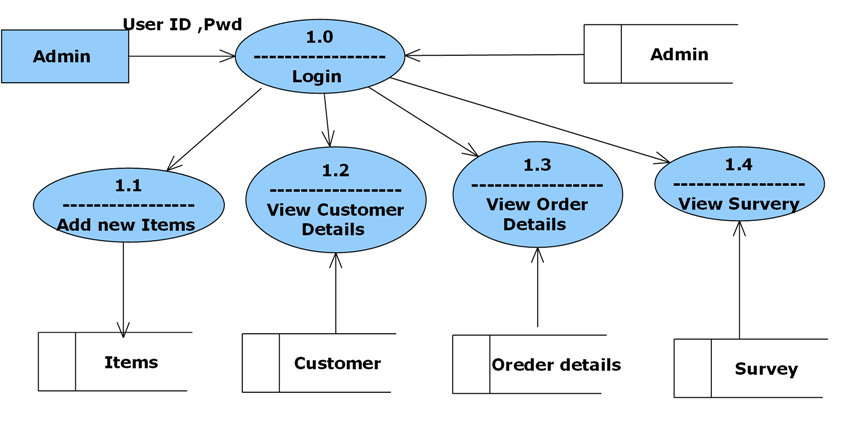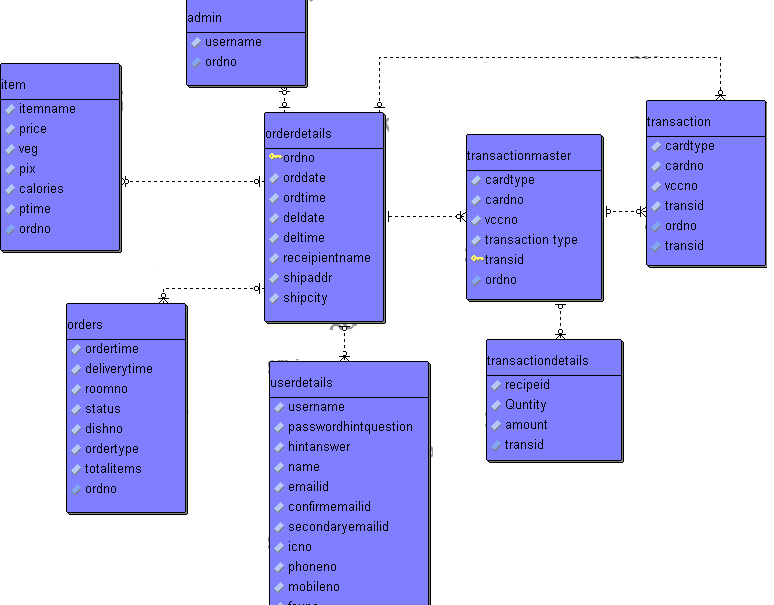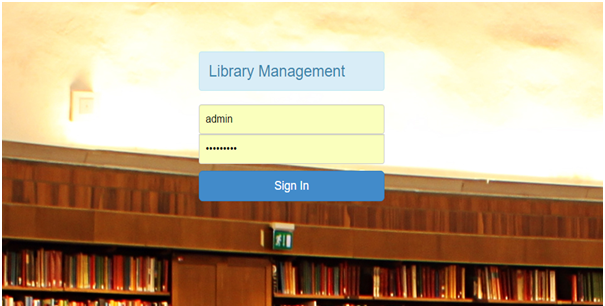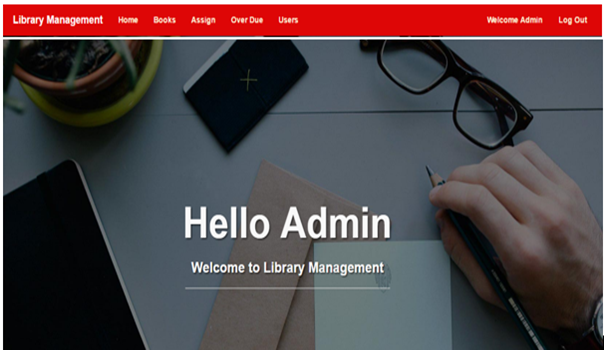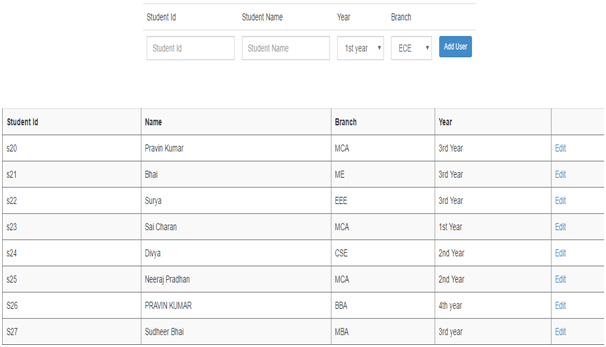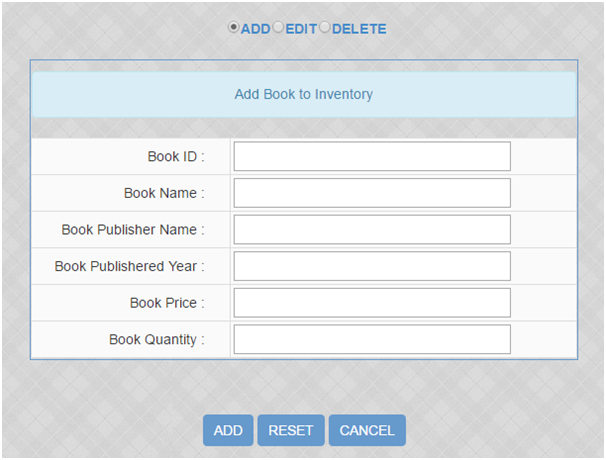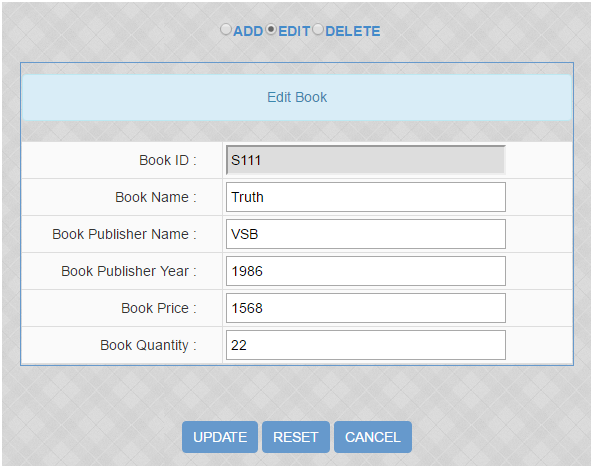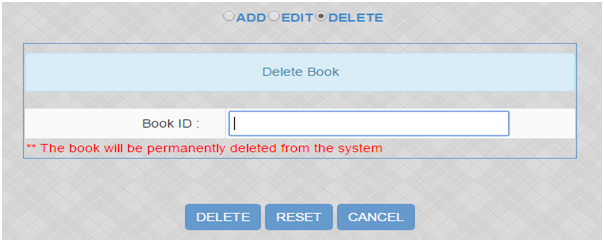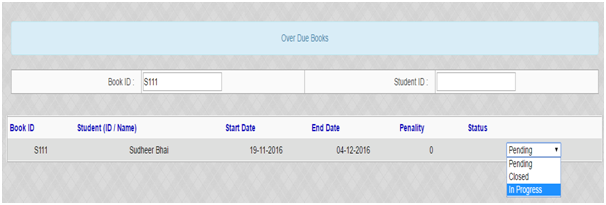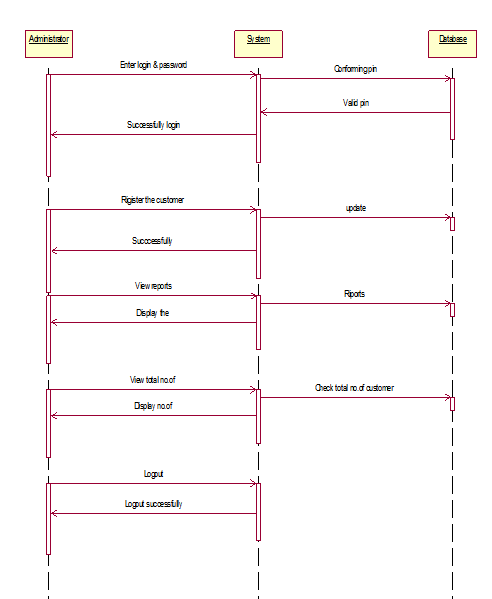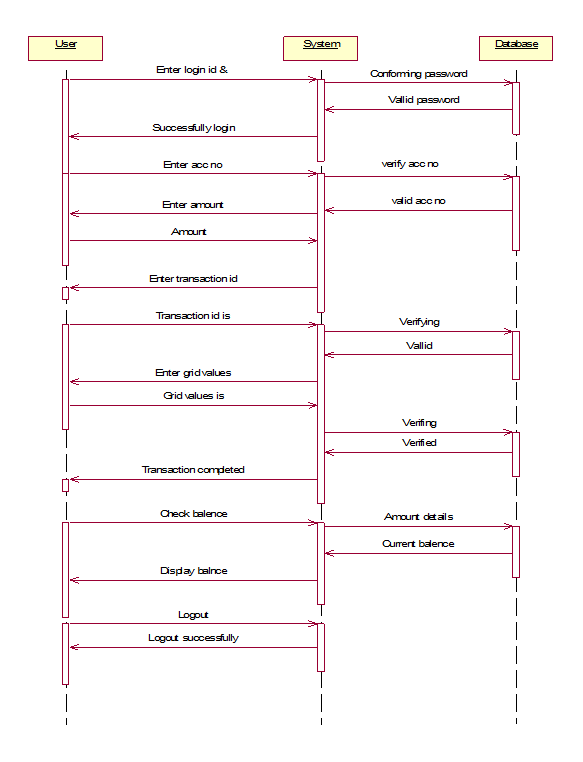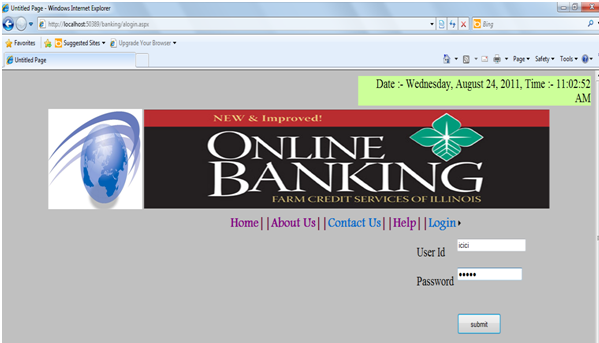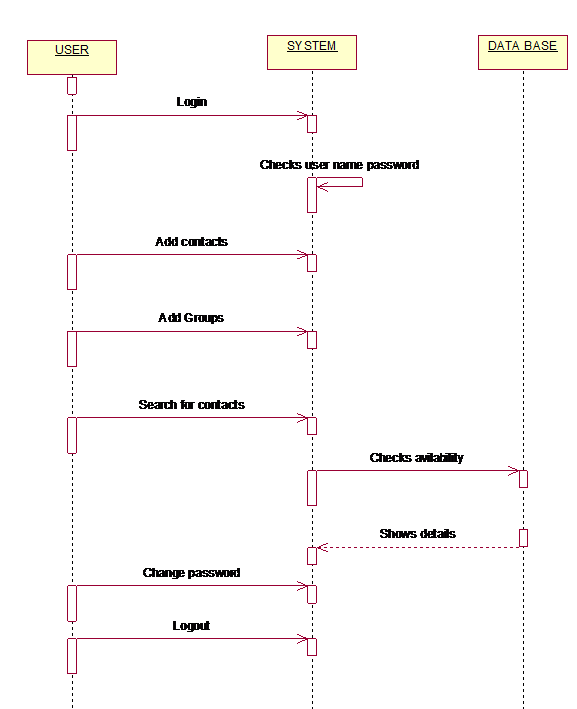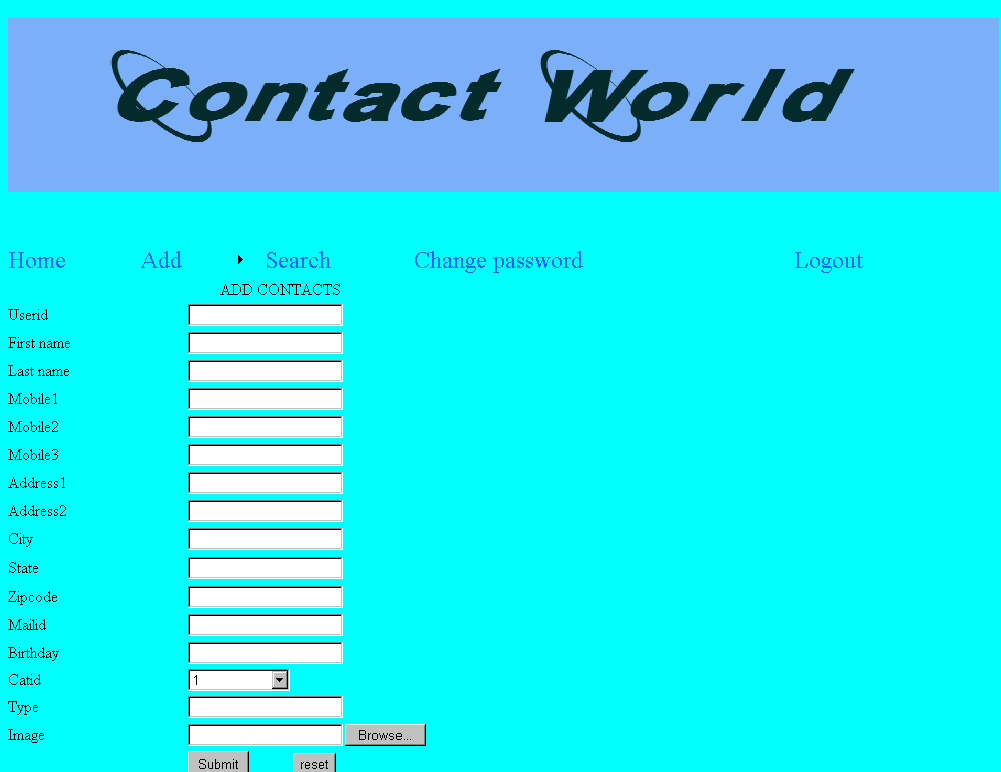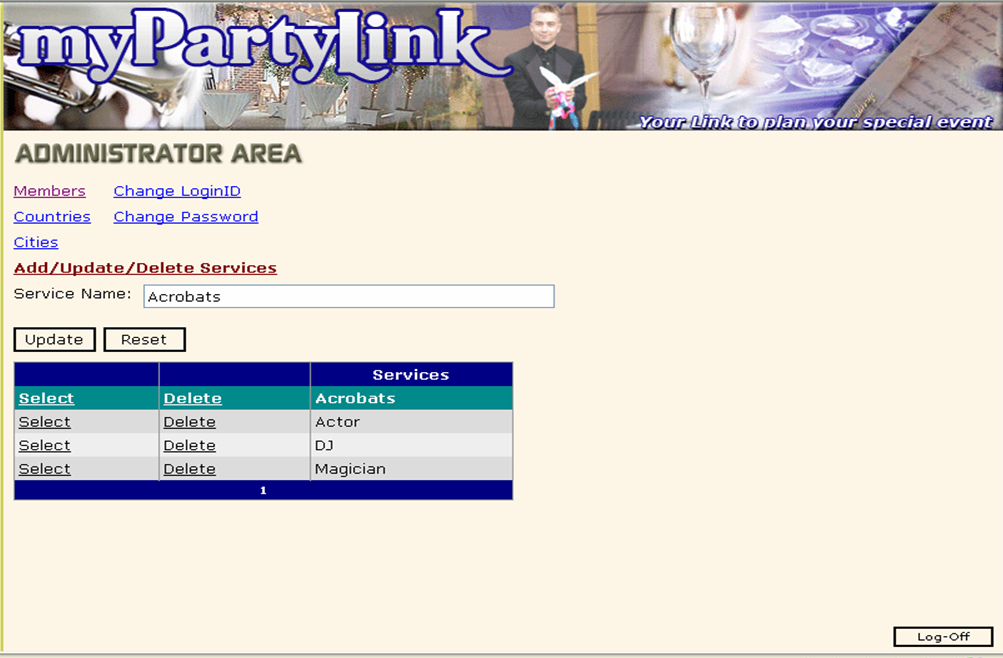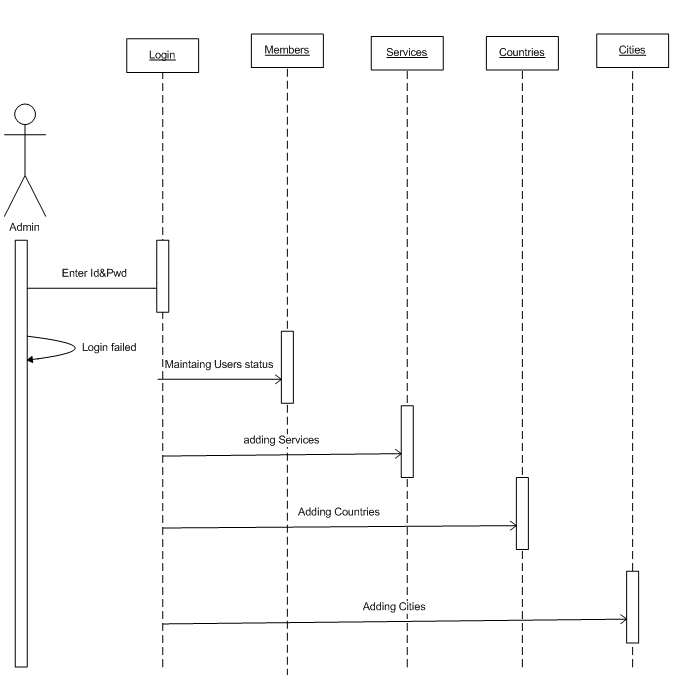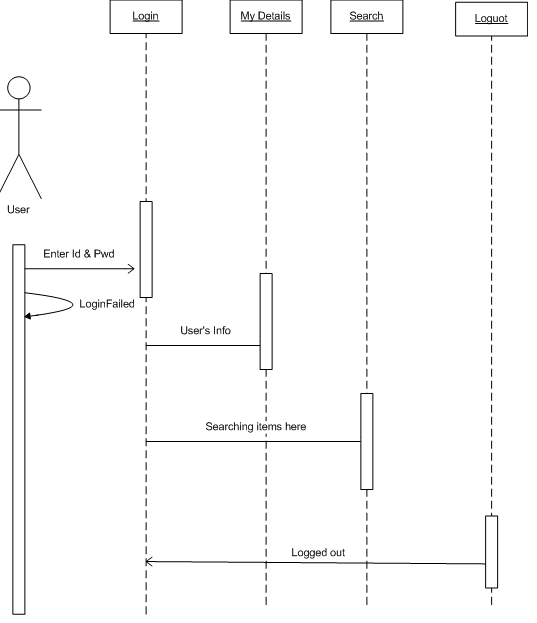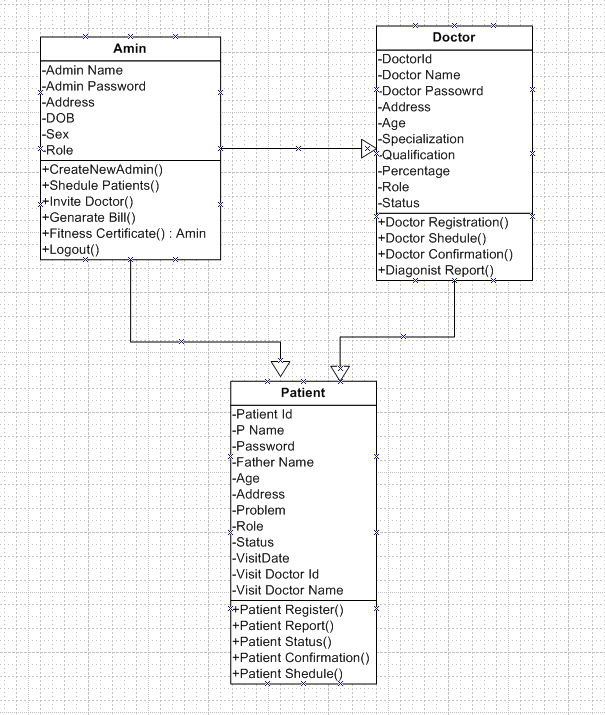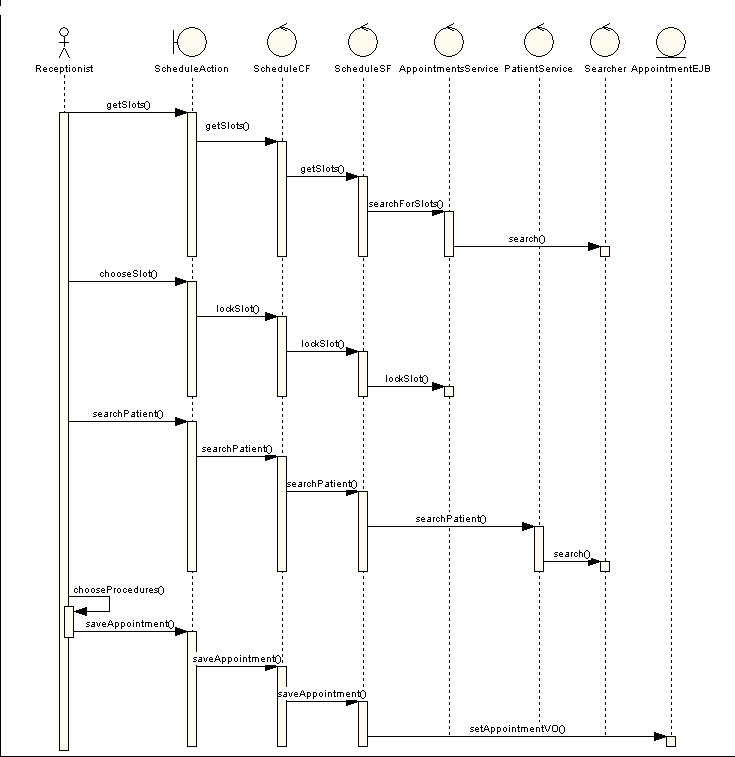Abstract:
Mobile online shopping is a concept which basically will deal with the online sale of mobiles specifically. It will allow customers to browse through mobile brands only and then check the different type of mobile phones available in the market for a specific brand. It will provide an authentic list of mobile brands in the market and make sure reliability and deliverables are 100 percent guaranteed. We came to this thought as when we go to online sale portals, they deal with a lot of products and customers sometimes may feel it be too huge and confused with mobile categories that are available. Hence we came up with mobile online shopping.
It will be an easy to browse or use website which will showcase only mobile products. It will allow comparison of prices for a particular price range mobiles of different brands thereby allowing the customer to select one of them as per the features and reliability. This application will also deal with mobiles spare parts or accessories too for all brands.
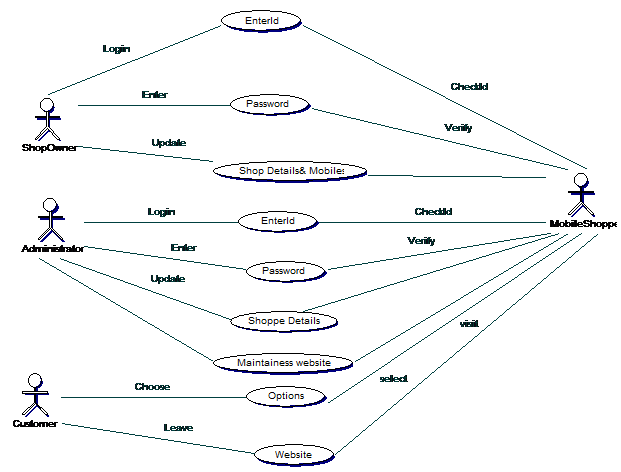
User Types:
Admin, Customers, Vendors
Admin will basically manage the product that is being added to the website. Admin will approve customers before they log in and search their mobiles as per their criteria they are looking for. Admin will also manage the profiles related to vendors who will register themselves in the mobile online shopping and show their mobiles for sale.
Customers will register themselves first and then only can search for mobiles in the applications. Once a registered customers logs in, he or she will have access to search for mobiles and add them to cart and buy it.
Vendors basically have to register first and once approved by admin will be able to add their products and details. It will also show all feature information in details. They will provide information related to delivery and also make sure to deliver the product with 100 percent guarantee.
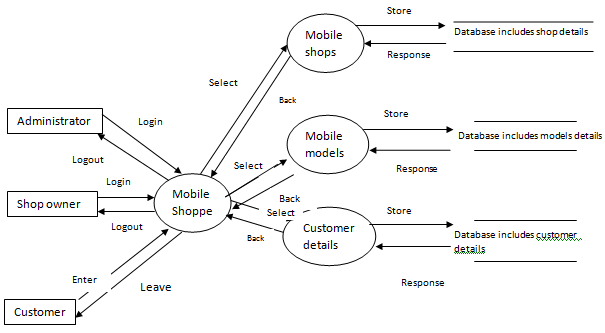
Modules:
Admin Panel: It will allow managing customer info and save the data related to all info for customers and vendors. It will allow the addition of mobiles, mobile accessories in details. Products will be saved to the database via admin panel. Products can be added to the system by vendors. Each vendor will be allowed to add a product after being registered. Whenever a vendor or customer registers it is saved to the database via admin panel. It provides a secure and reliable way of saving the data to the database. Admin panel as managed by admin will have the option to manage the delivery status of products ordered. Admin will update the status of an order as delivered or in progress from admin panel. Admin will also have the option to attach a delivery executive to be linked to an order.
Dashboard: It will display available mobile brands and a bit of info wherever needed. A user accessing the application or website can click on a product to search for the different category of mobile. It will provide info related to mobile accessories that are available on the website and vendor information to which are actually providing the mobile and its related accessories to be on sale on the website.
Cart: It will basically manage the orders placed by customers, the option will be provided to remove an already added item. Increase the quantity of the products if needed, it will allow the customer to manage address to be delivered, also an option to check the delivery status. Once products are added to a cart, the delivery boy will be assigned to it by admin in admin panel and manage the delivery status.
Vendor: A vendor will initially register and it will be approved by admin. Once registered, the vendor has to add info related to mobile products which will be added for sale on the website. They have to add mobile accessories also which they deal with.
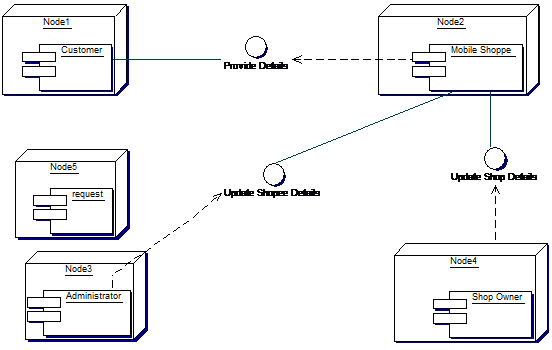
They have to add following info for a mobile:
Phone brand,Phone name,rating,Price,picture,warranty,color,information,Specifications
General: Model Number,Model Name,Color,Browse Type,SIM Type,Hybrid Sim Slot,Touchscreen,OTG Compatible
Display Features: Display Size,Resolution,Resolution Type,GPU,Display Type,Display Colors
Os & Processor Features:Operating System, Processor Type,Processor Core,Primary Clock Speed
Memory & Storage Features:Internal Storage,RAM,Expandable Storage,Supported Memory Card,Type,Memory Card Slot Type,Call Log Memory
Camera Features:Primary Camera Available,Primary Camera,Primary Camera Features,Secondary Camera Available,Secondary Camera,Secondary Camera Features, Flash, HD Recording, Full HD Recording,Video Recording, Video Recording Resolution, Frame Rate
Call Features: Phone Book
Connectivity Features: Network Type, Supported Networks, Internet Connectivity,3G,3G Speed
Pre-installed Browser:Micro USB Port,Micro USB Version,Bluetooth Support,Bluetooth Version,Wi-Fi,Wi-Fi Version,Wi-Fi Hotspot,USB Connectivity,Audio Jack,Map Support,GPS Support
Other Details:Smartphone,Touchscreen Type,SIM Size,Removable Battery,SMS,SIM Access,Sensors,Other Features
Multimedia Features: Audio Formats
Battery & Power Features: Battery Capacity
Dimensions:Width,Height,Depth,Weight
Warranty: Warranty Summary
Mobile Accessories should also show all detailed info
Cases & covers:Case name,Ratings,Price,Material,Type,Model number,Brand color,Designed for
Power banks:Name,Ratings,Price,Description,Specifications General:Sales Package,Suitable Device,Charging Cable Included,Output Power,Other Features,Width,Height,Depth,Weight
Warranty: Warranty Summary, Warranty Service Type, Covered under Warranty, Not Covered under Warranty, Domestic Warranty, International Warranty
Memory Cards:Memory card name,type,Capacity,Rate speed,Specifications General:Sales Package,Series,ModelNumber,WriteSpeed,WxHxD,Weight,ProductDetails:Durability,Security,Other Features,Operating Voltage,Maximum Operating Temperature,Minimum Operating Temperature,Maximum Storage Temperature,Warranty:Covered in Warranty,Warranty Service Type,Not Covered in Warranty,Warranty Summary
Mobile batteries:battery Name,Ratings,Description,Specifications General:Brand,Model number,Compatible model,Capacity,Warranty:Warranty summary,service type,covered in warranty,Not covered in warranty
Mobile Pouches: Name, Suitable For, Ratings, description, Model number, Designed For, Brand color
Customer: A customer will add all his important details at the time of registration. After being a registered customer they will be allowed to search for the products that are up for sale. they can place orders. Customer will have the option to view their orders and order history. Customer will be able to add products to cart. The customer can manage addresses at the time of confirming orders.
A proposed system with features:
➢ This website will provide an option to search for mobiles of different brands and its models based on categories.
➢ This site will provide clear information about a mobile in all details.
Software Requirements:
● Technology : HTML,CSS, Jquery, PHP
● Back End: SQLServer or Mysql
● Operating System : Windows7 and more
● Frame Work : Larvel or Phalcon
Hardware Requirements:
● Processor: Intel Pentium-V and above
● Hard disk: 80GB Min.
● RAM: 2GB Min. & Above
● Others: If any Applicable

